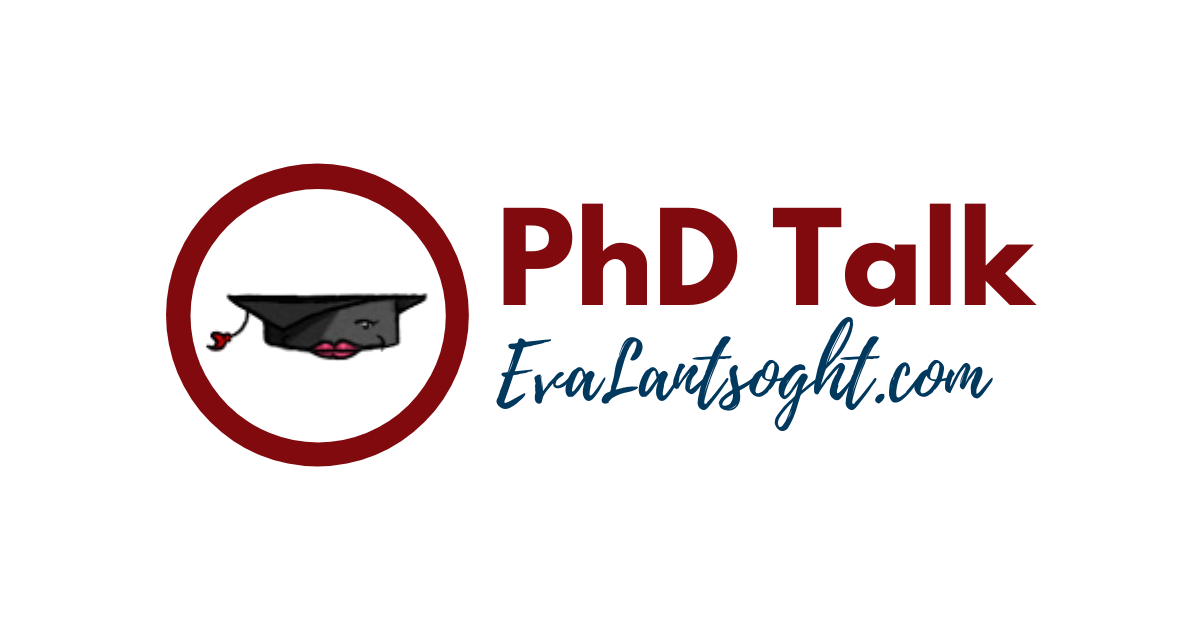Writers’ Lab: Writing practices of a postdoc in the sciences
 Today in the Writers’ Lab I have the pleasure of inviting William Alexander, who shares with us his writing habits. William Alexander was born and educated in Missouri. Currently a Postdoctoral Research Associate at the University of Wisconsin-Madison, his interests center on synthetic biology, homebrewing, and child rearing.
Today in the Writers’ Lab I have the pleasure of inviting William Alexander, who shares with us his writing habits. William Alexander was born and educated in Missouri. Currently a Postdoctoral Research Associate at the University of Wisconsin-Madison, his interests center on synthetic biology, homebrewing, and child rearing.
Scientific writing is a difficult skill to master. As a young scientist in the early stages of my career, I’ve devoted a considerable amount of time to putting letters to paper (digitally, of course), and during that time I’ve developed a writing routine that has enhanced not only the quantity of text I can output in a day but also the quality of said text. In this post, I’d like to share with you what I do when I’m writing so that those of you reading this who are just beginning their first journal article write-up or dissertation chapter will receive some tips to make the experience less of a grind.
Preparation
Before I even touch a keyboard, I focus my thoughts to the task at hand. Writing is a form of communication, and communicating requires that you take your potential audience into account. Who will be reading this document? What is the intended purpose of this document? Getting into the head of your readers will assist your writing to target their level of knowledge or their demographic. Once you know who you’re trying to reach, you now must tell them something. What information are you conveying? Is this document data-heavy (like a journal paper) or theory-heavy (like a grant application)? I have found that doing an outline of the document is immensely useful in directing both the flow of your writing and organizing the information you wish to convey.
Location
I absolutely, positively cannot write in the lab. I couldn’t do it as an undergraduate, I couldn’t do it as a grad student, and I can’t do it now as a postdoc. Labs are full of distractions that wreck concentration and flow, like beeping timers, loud conversations, meetings, experiments, and so on. If you’re like me and you get distracted by these things, then get out and go somewhere else! Some people prefer coffee shops, bars, or parks, but I prefer writing in my home office. The coffee is better, I’m isolated from the world, and, most importantly, it’s comfortable; I think that being comfortable when writing is incredibly important, especially when the crunch is on and you need to get a document produced ASAP.
Timing
This sounds silly, but I have incredible difficulty writing after 7 pm or so. I can maybe do some light editing or figure drawing, but my text quality and quantity drops noticeably in the evening. The best time for me to write is in the morning after breakfast, so when I have a heavy writing load I will take that time to write like a maniac, then eat lunch and go in to lab for the afternoon and evening. While your ideal time will probably differ from mine, figuring out when the best time of day for you to write is important because it will increase your productivity and morale. Figuring this out is easy: do the experiment for yourself!
Breaks
You need to take breaks when you write. Full stop. Period. You’re a person, and people need breaks when they work. Writing can and will be a laborious task, and if you’re tired or overworked your text will suffer. I try to write for no more than two hours at a time. Once two hours passes (or I get fed up with whatever I’m working on), I go do something for a half hour or so. This break could consist of taking a walk, watching a TV episode on Netflix, making and eating a meal, or any number of things. Well-rested people are productive people, and this rule applies to a scientist writing a paper as much as it applies to more physically demanding labor. Also, be sure to not sacrifice sleep; staying up all night writing a paper has always led to me reading over garbage the next day. I’m a thirtysomething, and my body and mind can’t cope with the lack of restful sleep.
To summarize: my writing routine consists of planning, writing mostly in the morning at home, taking breaks when necessary, and not wrecking myself by staying up all night. I hope this insight into my process helps you, or at least provides some ideas to try for yourself. Happy writing!
